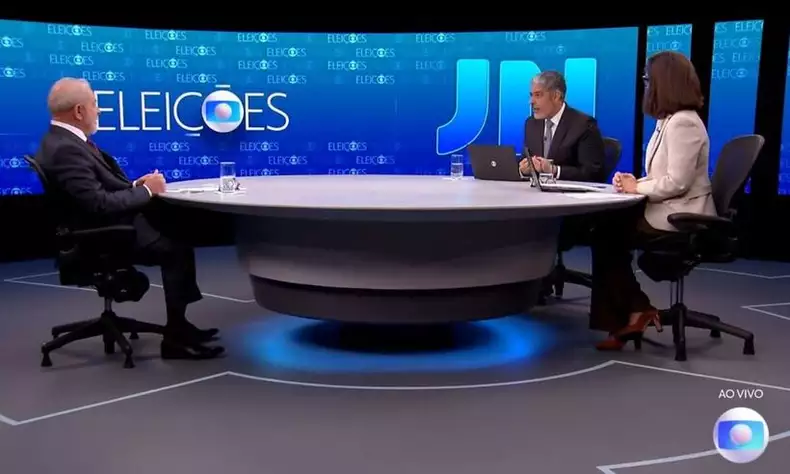He is the creator of the Pedagogy of the Oppressed via education at the service of the revolutionary cause and praised Che Guevara’s “capacity to love”
By Gabriel de Arruda Castro
For decades, Paulo Freire was the undisputed reference of Brazilian education. Even today, he has no competitors in the number of citations in the Faculties of Pedagogy. But, if he deserves credit for having drawn attention to the problem of illiteracy in the country, Freire adopted an ideological bias that was already problematic in the 1960s and cannot be taken as a reference nowadays.
See five indefensible ideas that Paulo Freire supports in his main book, Pedagogy of the Oppressed:
- 1) The world is divided between oppressors and oppressed
Freire defends a pedagogy “that makes oppression and its causes the object of reflection by the oppressed, which will result in their necessary engagement in the struggle for their liberation”.
In adapting Karl Marx’s notion of constant class struggle, the pedagogue uses a binary scheme: students would have no option but to seek their freedom from oppressors. Freire’s notion of liberation is poorly detailed by the author, but a detail of the work brings a good hint of what he had in mind: his passionate description of the Cuban regime – the next item on the list.
- 2) Che Guevara is an example of love
When Pedagogy of the Oppressed was written, the summary shootings carried out in Cuba were already notorious. Che Guevara himself had admitted to the practice from the top of the United Nations rostrum. However, Freire saw only qualities in the guerrilla turned dictator.
“What Guevara did not express, perhaps because of his humility, is that it was precisely this humility and his capacity to love that made possible his ‘communion’ with the people. (…) This exceptional man revealed a profound ability to love and communicate,” he wrote.
- 3) Education must be at the service of the revolution
“The pedagogical, dialogical sense of the revolution, which makes it a ‘cultural revolution’ too, has to accompany it in all its phases”, proposed Freire.
The implication is that teaching must be at the service of ideology. Paulo Freire’s idea opens the door to political preaching in the classroom, with the usual victims: students.
- 4) The family is oppressive
In Pedagogy of the Oppressed there is no mention of the role of the family in education. Teaching is seen as a teacher’s task, implying the role of the State in this role. Paulo Freire’s logic is this: as society is oppressive, the family reproduces the oppressive mechanisms within the home.
“The parent-child relationships in homes reflect, in general, the objective-cultural conditions of the totality in which they participate. And, if these are authoritarian, rigid, dominating conditions, they penetrate into homes that increase the climate of oppression”, says an excerpt from the book.
- 5) It is necessary to fight the “cultural invasion”
Education, by definition, depends on the transmission of knowledge and values accumulated throughout history. In Brazil, this story comes mainly from the great traditions of Greek philosophy, Roman law, the Christian matrix. Interpreting the teaching of this tradition as an “imposition of values” to be fought means isolating students from the historical context of the country where they live.
Freire wants students to be protected from the “invasion”: “In this sense, cultural invasion, indisputably alienating, softly carried out or not, is always a violence to the being of the invaded culture, which loses its originality or is threatened with losing it”, fold.
Among Paulo Freire’s ideological heirs are the currents that defend a version of Portuguese without mistakes or successes – which, in the end, harms the insertion of needy youngsters in the labor market.



